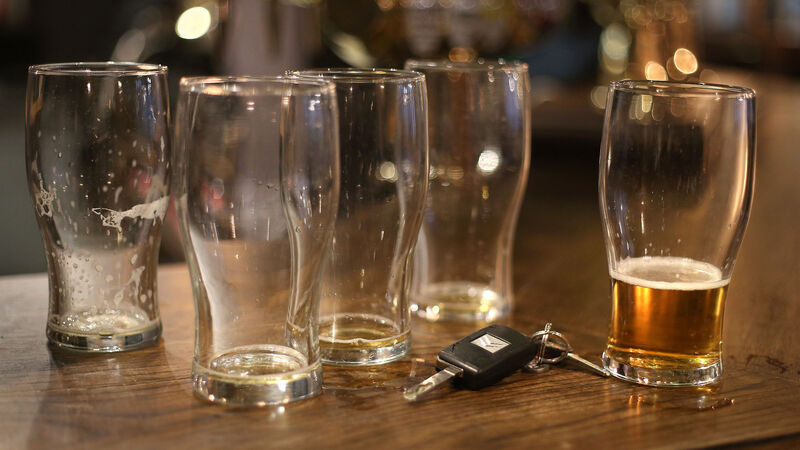10% of motorists admit driving after a night out while possibly being over blood-alcohol limit

Anna Cullen of AA Ireland said that because each individual breaks down alcohol differently, the time period required for a person’s blood alcohol to return to the normal limit can vary significantly. File Picture: PA
Around 1 in 10 motorists admit they have driven the day after a night out over the past year while possibly being over the legal blood-alcohol limit.
According to a new survey from AA Ireland, a further 3% of people said they had travelled with someone who they believed was over the limit in the last 12 months.










